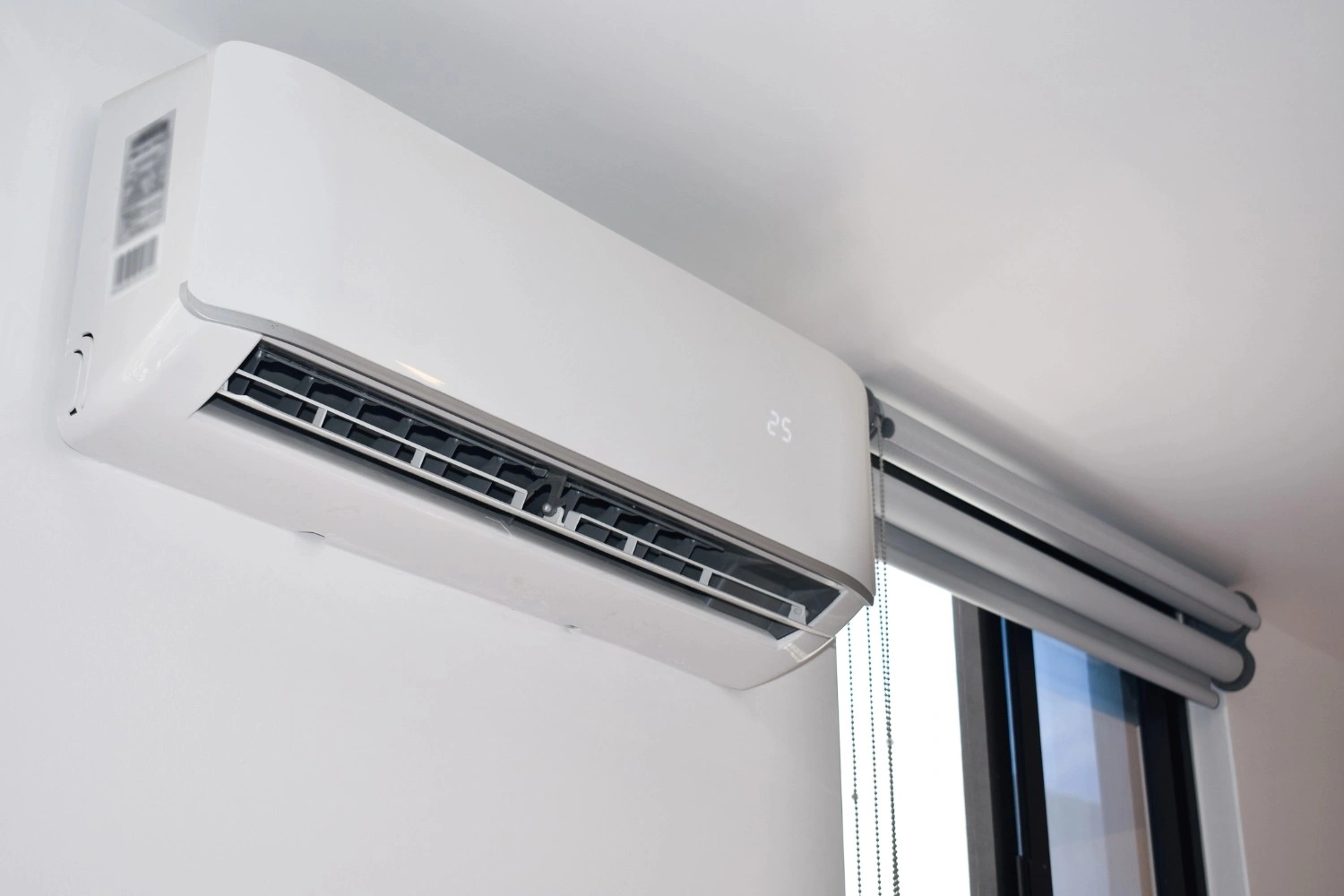Mini Split Replacement in Canonsburg, PA

When to Replace Your Ductless Mini Split
Mini split systems typically last 1015 years under normal use. Consider full replacement if any of the following apply:
- System age beyond 12 years with no major overhauls in its history
- Noticeable energy-use spikes or electric bills increasing despite regular maintenance
- Frequent refrigerant leaks, compressor failures or repeated repairs exceeding 50% of a new unit’s cost
- Significant performance drop-off in heating or cooling output
- Unavailability of replacement parts for older models

Replacement vs. Repair: Evaluating the Right Path
Repair can be cost-effective when a minor component malfunctions. Replacement becomes more economical when:
- Total repair costs approach half the price of a new inverter-driven mini split
- Warranty coverage has lapsed or the unit has multiple fault codes in a single season
- Desired efficiency gains exceed 20% with newer ENERGY STARrated models
- Homeowners plan a long-term stay and prefer the reliability of a factory-fresh system
- A side-by-side cost comparison typically highlights long-term savings on energy bills, quieter operation and reduced service calls after a full replacement.
Our Mini Split Replacement Process
Pre-Installation Inspection and Load Calculation
- Comprehensive survey of home layout, insulation levels and electrical capacity
- Manual J heat-load calculation to determine optimal unit capacity and zoning needs
Refrigerant Recovery and Safe Unit Removal
- EPA-compliant refrigerant reclamation from indoor and outdoor units
- Disconnection of electrical, condensate and refrigerant lines
- Careful extraction and responsible disposal of old equipment
New System Selection and Mounting
- Assistance selecting single- or multi-zone inverter-driven models with Wi-Fi thermostats
- Strategic outdoor condenser placement for noise reduction and airflow
- Indoor air-handler mounting on wall or recessed ceiling cassette, complete with drip-pan support
Electrical, Piping and Insulation
- Installation of conduit, breakers and disconnects per National Electric Code
- Braided refrigerant lines, vacuum dehydration and nitrogen pressure testing
- Drain-line connection, thermal insulation wrap and vapor-barrier sealing
System Commissioning and Performance Verification
- Refrigerant charge adjustment to manufacturer specifications
- Electrical safety checks, defrost cycle and low-ambient calibration
- Air-flow balancing and thermostat programming demonstration
Final Homeowner Walkthrough
- Operational overview of controls and optional smart-home integration
- Maintenance tips to preserve efficiency and warranty coverage
- Delivery of project documentation, permits and warranty registration
System Options and Efficiency Upgrades
Canonsburg homeowners can choose from a range of upgrade features:
- Single-Zone vs. Multi-Zone Systems: Tailor comfort in specific rooms or across multiple areas
- Advanced Inverter Technology: Variable-speed compressors for precise temperature control
- ENERGY STARRated Units: Up to 30% energy savings over standard models
- Smart Thermostat Integration: Remote control, scheduling and energy-use reporting via apps
- Enhanced Filtration Packages: MERV-rated filters or UV-light modules for improved indoor air quality
Investment Overview: Cost Estimates and Financing
Typical replacement investments in Canonsburg, PA range as follows:
- Single-Zone Mini Split: $3,500$6,000 (equipment, labor, permits)
- Dual-Zone System: $6,000$9,500
- Tri-Zone and Larger: $9,500$14,000+
Cost factors include unit brand, line-set length, wall-surface modifications and any necessary electrical upgrades. Financing through partners such as Goodleap and local credit institutions can spread payments over 1284 months. Available rebates and tax credits may further reduce out-of-pocket expenses.
Project Timeline and Homeowner Preparation
- Scheduling the Site Visit: A licensed technician arranges a convenient appointment for load calculations and initial assessment.
- Installation Day (12 Days):
- Day 1: Refrigerant recovery, old unit removal and indoor/outdoor unit mounting
- Day 2: Electrical/piping work, system charge, testing and homeowner orientation
- Post-Installation Follow-Up: A verification call 30 days after completion to ensure peak performance.
Homeowners should clear work areas, secure pets and ensure accessible electrical panels. No demolition beyond small wall penetrations is required.


Schedule Service Today!
Contact us to schedule or request an estimate on installation and replacements!


We are here to help. A person on our team will text you back! 🙌





















.avif)


